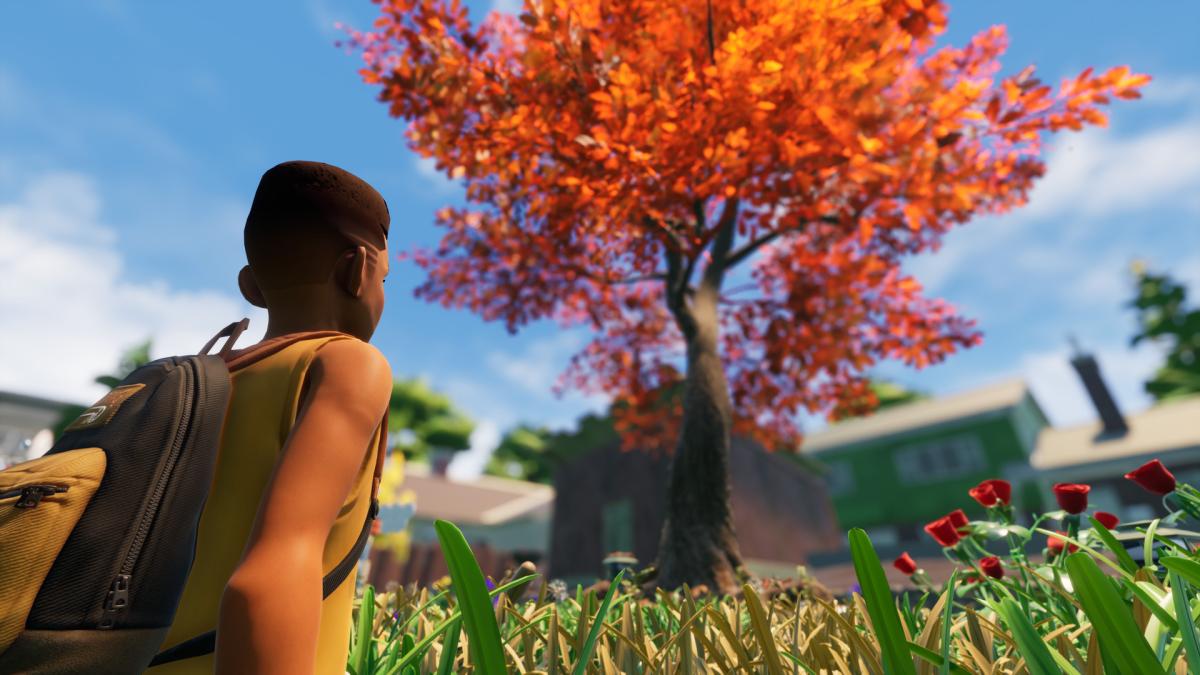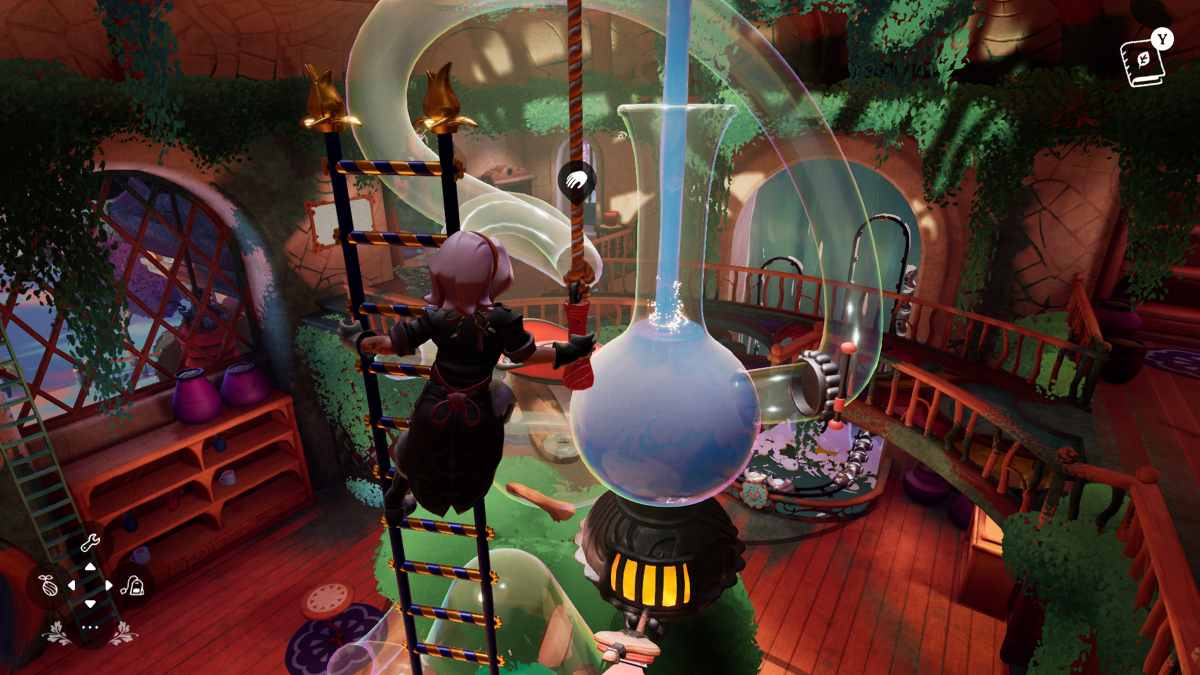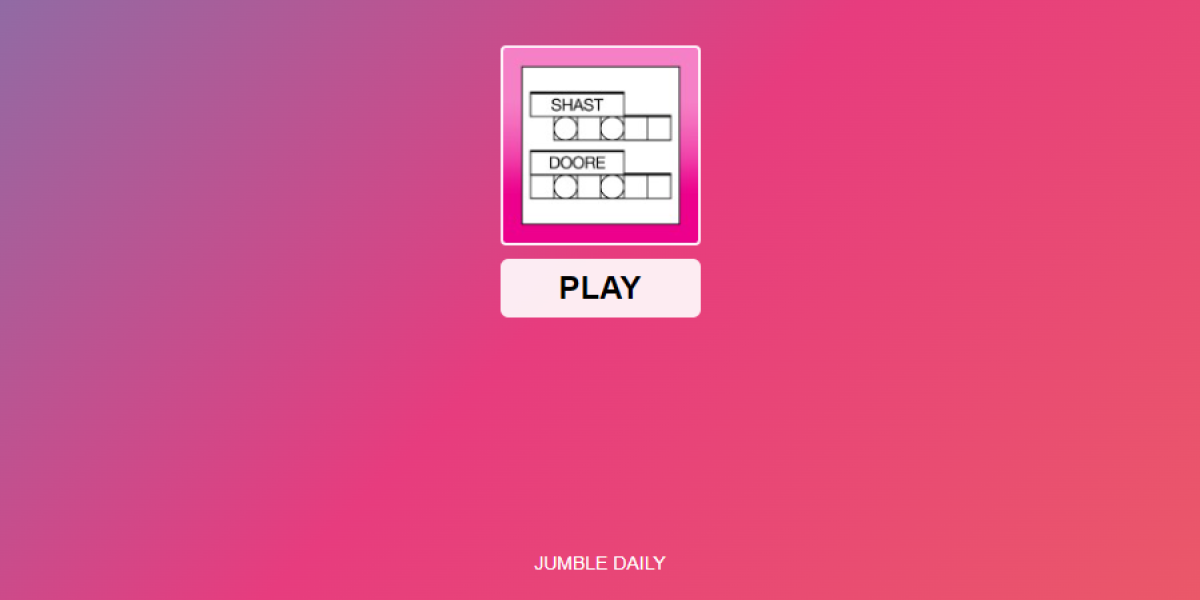This article is an opinion piece and does not necessarily reflect the views of the Daily Dot.
On Feb. 13, the Daily Dot published an editorial calling for an end to Twitch chat. It presented a lot of valid arguments—problems do arise from Twitch’s sometimes anarchic chat rooms—but the piece couldn’t have been more wrong.
The article’s premise stemmed, in part, from the case of popular Hearthstone player Sebastian “Forsen” Fors. He often streams to as many as 40,000 people in a day. And just about every day, a few devious individuals use his chat room to stage attacks against women or minority streamers.
Fors only steps in when his viewers violate Twitch’s rules, such as when fans try to attack underage streamers, or used the n-word. But for the most part, he doesn’t see a problem with it. “In most cases, girls actually enjoy the viewer boost,” he added as justification.
Here’s something undeniable about the Internet: There are gonna be assholes. Wherever people can post anonymously, there are gonna be assholes. The apocalypse could happen, and there could be one website left in existence with a single page and a comments thread at the bottom, and I guarantee that the comments would be filled with mostly assholes.
Understandably, Twitch chat can sometimes be filled with these same people, just like Fors’ chat often is. But it’s often filled with a lot more than that. For many, chat is an integral part of the platform. Streamers serve as entertainers, making a living by playing games and directly interacting with viewers. That interaction is how they they build up an audience and, eventually, subscribers who offer monetary support.
Twitch chat helps power some inarguably good things, too. At Awesome Games Done Quick, an annual speedrunning charity event, the world’s most talented speedrunners gather for a week-long streaming marathon. But only through the power of Twitch and the support of the Twitch community, including Twitch chat, has this event found success. This year, the marathon managed to raise over $1.5 million for the Prevent Cancer Foundation. There’s no way the event would have raised that much without the event’s ability to interact with its fans, and large part of that happens through Twitch chat.
That interaction is an inherent part of what makes Twitch, well, Twitch. For every immensely popular streamer who plays League of Legends or Hearthstone to an audience of 40,000 viewers, there are many more gamers who play competitive titles, speedrun classic games, or even just play games casually. Their audiences might hover around 1,000 or 2,000, and as a result the streamers can constantly interact with the people in their chat.
It’s a dynamic that works for the streamers and the audience. Removing chat would kill those communities and take a away an important source of the streamers’ income.
And it’s important to note that Twitch does provide moderation tools, even if their application varies widely. True, Fors’ case is far from unique. There are many streamers who take a hands-off approach to moderation. But while some communities are toxic, plenty are far from it.
You can build a community with a positive direction with minimal fuss. Audiences in a channel largely take inspiration from the streamer. Channels with numbers of viewers in the thousands still maintain fair and decent chat experiences. There are no raids launching from the channel of the inarguably congenial Hearthstone streamer Jeffrey “Trump” Shih, for instance, partially because the community models its behavior after its star.
The bottom line is that Twitch chat provides an integral part of the esports experience, making it much more like walking into a sports bar where you can share your thoughts and ideas about the game with others. Sometimes, there’s gonna be a shithead in the corner booth getting drunk and shouting out racist remarks. That doesn’t mean the bar should close.
It’s important to keep in mind Twitch’s own ambitions. The site sees itself as the next-step in living room entertainment. That means becoming as mainstream as television, which in turn means appealing more to families and older demographics. Childish and harmful pranks won’t find themselves welcome.
The obvious solution isn’t to shut down chat. Twitch may need to implement stricter regulations—not against users, but rather the streamers themselves. To broadcast responsibly, streamers will need to make sure their fanbase is being a positive force on Twitch, not a negative one that’s staging attacks against others. Those that can’t follow those rules might find themselves losing partnership privileges, or even having their stream chat disappear entirely.
It also seems only a matter of time before game developers take a stance on the actions of the people streaming their games. No developer wants to deal with the PR nightmare of popular streamers playing their games being complacent in hate crimes.
In the end, Twitch chat is a wonderful place that has helped grow esports and gaming to unprecedented levels. But even if 99 percent of Twitch users have good intentions, one percent are going to be assholes. Don’t let the assholes ruin it for the rest of us.












Published: Feb 17, 2015 01:59 am